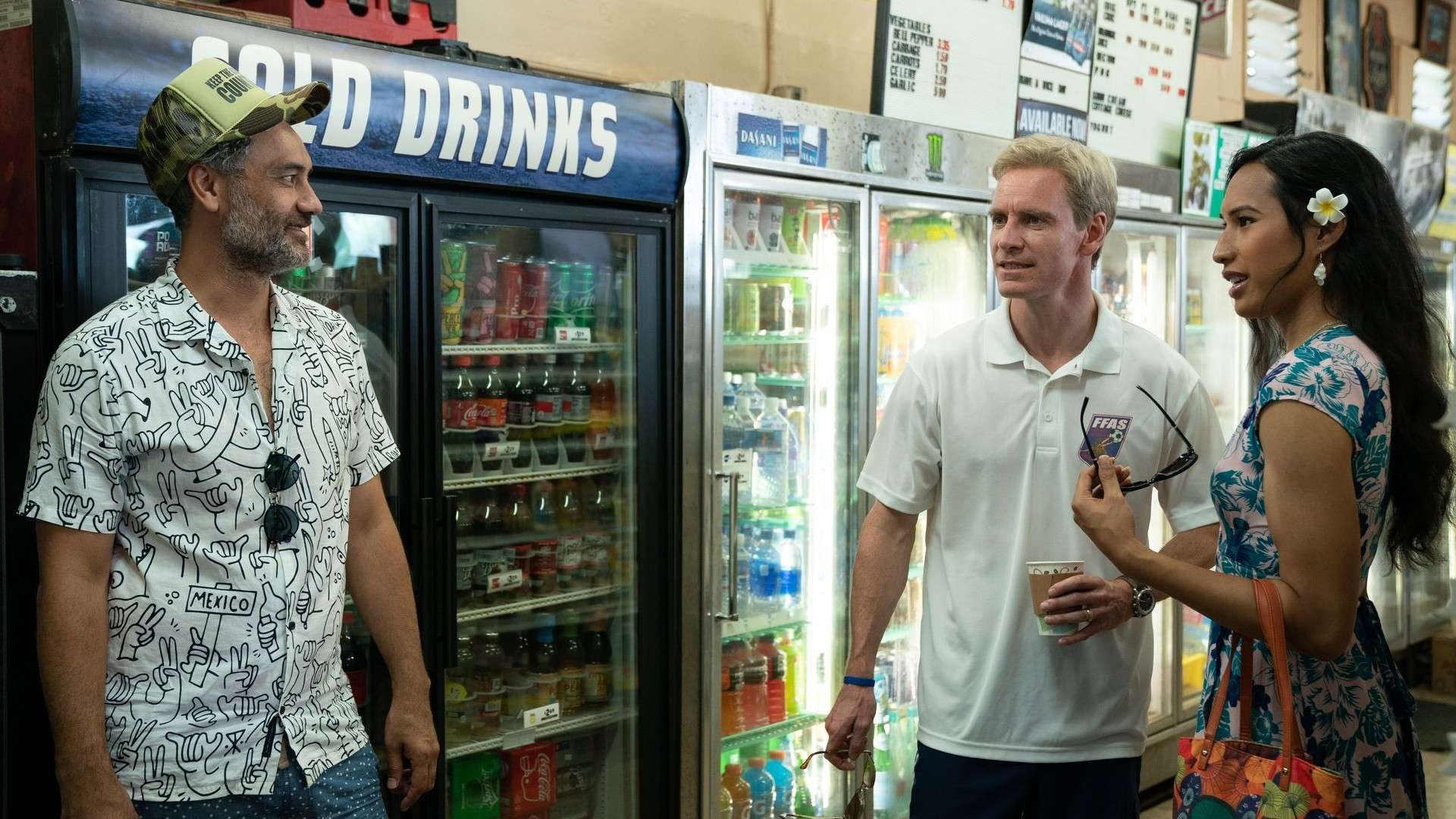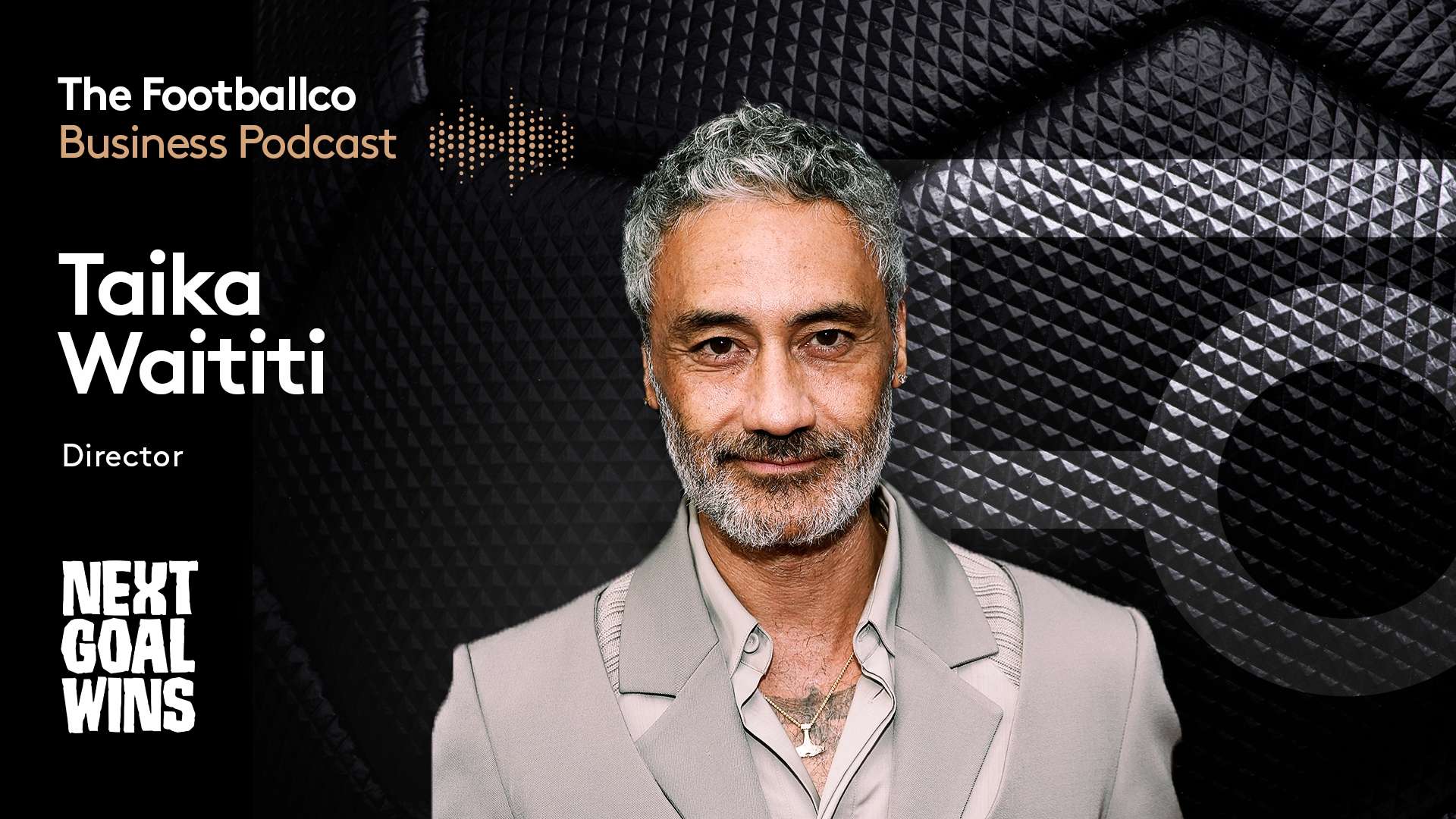Taika Waititi has lifted the lid on the challenges of making a film about football after telling the incredible true story of Thomas Rongen and American Samoa in his new movie Next Goal Wins.
The actor and director, who won an Oscar for 2020 hit Jojo Rabbit, shines a light on Rongen's time in charge of the team, who were the worst national side in the world when he was appointed in 2011.
Michael Fassbender plays the Dutch-born coach in the film, which was released in the U.S. last week and will be in UK cinemas on December 29.
Waititi spoke to The Footballco Business Podcast about Next Goal Wins, making the football scenes "dynamic", his thoughts on the Beautiful Game away from Hollywood and more.
"I've always tried to add humour to anything," Watiti says. "I think if you've got like a deeper theme beneath everything, and this again is, the film really is about loss and grief and picking yourself back up and trying to look for happiness in your life. And all of my films really are about that. And this is no different.
"I think that as a Pacific Islander, being able to tell a Pacific Island story, (I have) a little bit more leeway and a bit more permission really to poke fun at ourselves. I think if it was someone, you know, if it was a Western filmmaker coming in and laughing at the worst team in the world and saying, 'look at these losers', it would feel a bit different and it might feel a little more offensive. And I think that because, you know, I'm from New Zealand and it's Samoa and we share a lot culturally and we're very similar people.
"We just decided to basically pull everyone in together. And it's 99% Islanders in this film. There's like two white characters. And that's about it. And so just being able to do that, we had full control over how we were seen and how we got to portray ourselves."
 Searchlight Pictures
Searchlight PicturesAsked about the difficulties of making match action appear realistic on screen - an issue which has plagued other football-focused films in the past - Waititi revealed that he turned to the experts to create compelling and believable scenes.
"It's hard to make the game seem dynamic on film somehow," he says. "I've seen a lot of films about football, and I thin just maybe back in the older times, there used to be those shots following a ball, and some feet hitting it and stuff. It just didn't seem very fast or cool.
"We managed to get in some cameramen who usually film sports events, football photographers and football cameramen. And so they came in and we managed to use them for the big game at the end. And I like to think watching that game that it does feel exciting to me, even though it's like, you know, they're supposed to be not very good players. But the main thing is there's a narrative in that game and we're able to follow that, you know, it's just to follow the sort of the back and forth between the teams.
"That was a really important thing just to get right, to make sure that you understood what was happening in the game. And also to make it fun. Like if you make it fun and have higher stakes and have moments where you're like, 'Oh my God, is it gonna go?' But also, you know, some really stupid moments in there too."
To hear why Waititi believes football takes itself too seriously and much more, listen to full interview on the latest episode of The Footballco Business Podcast.
